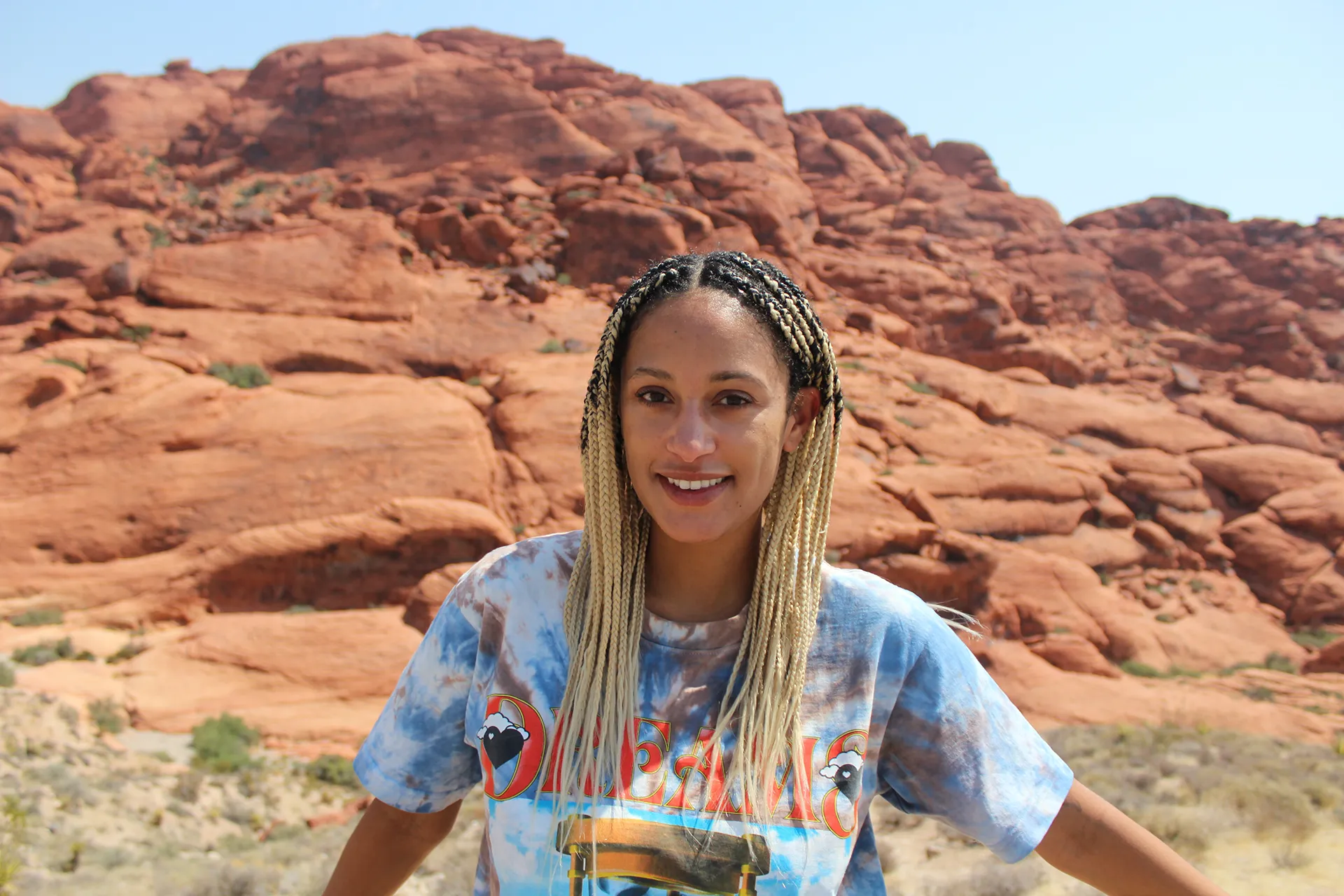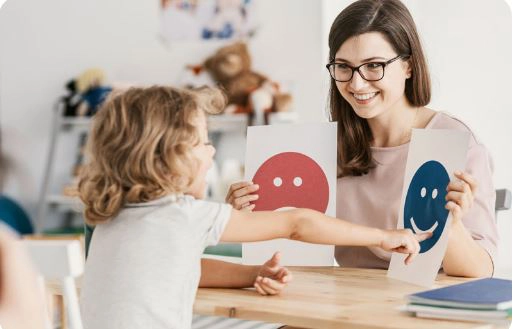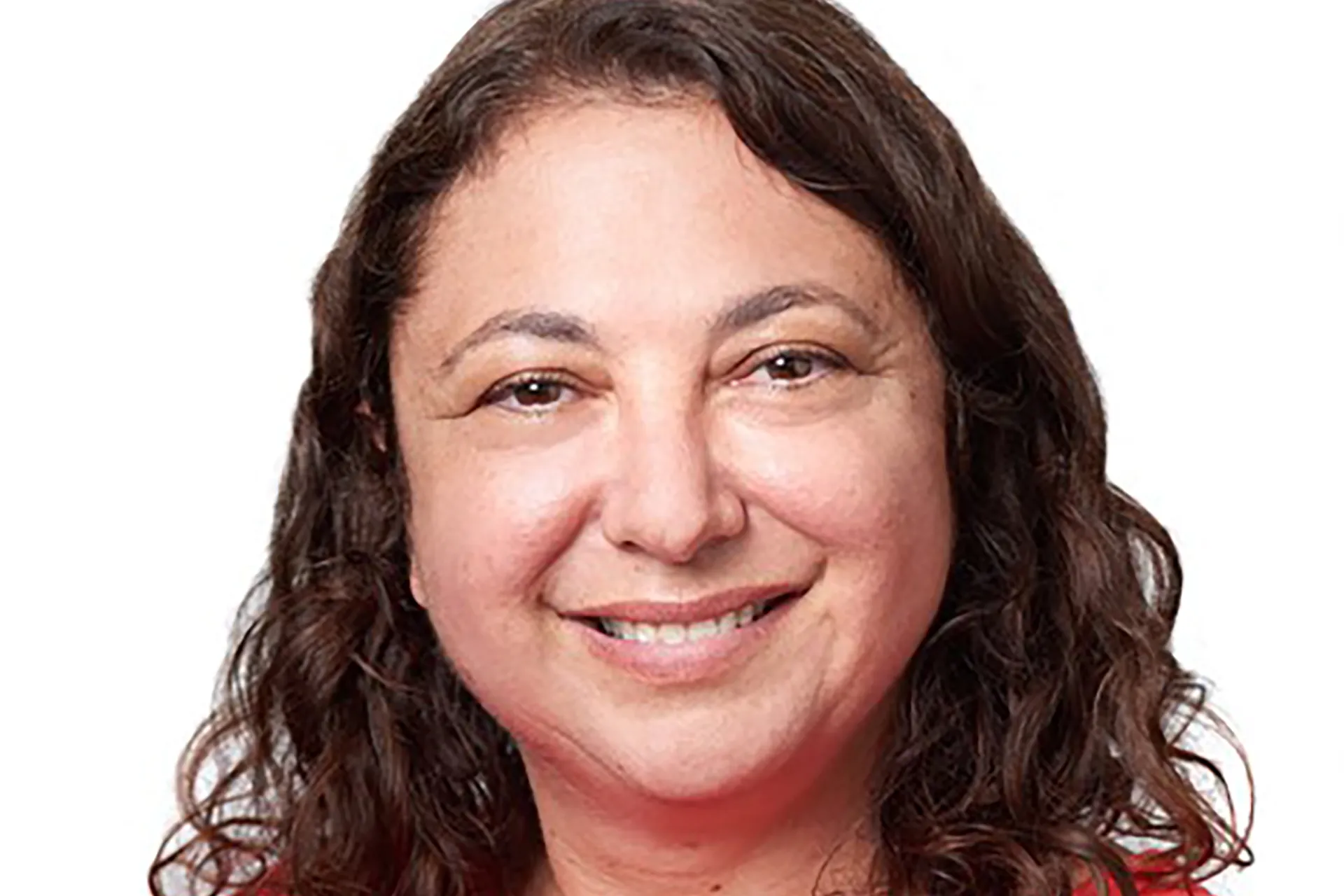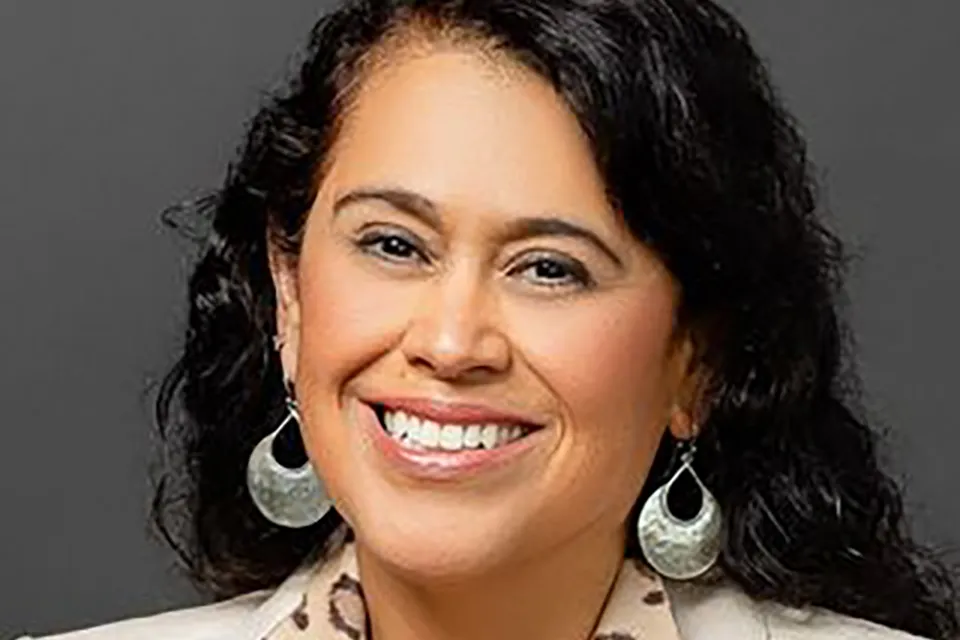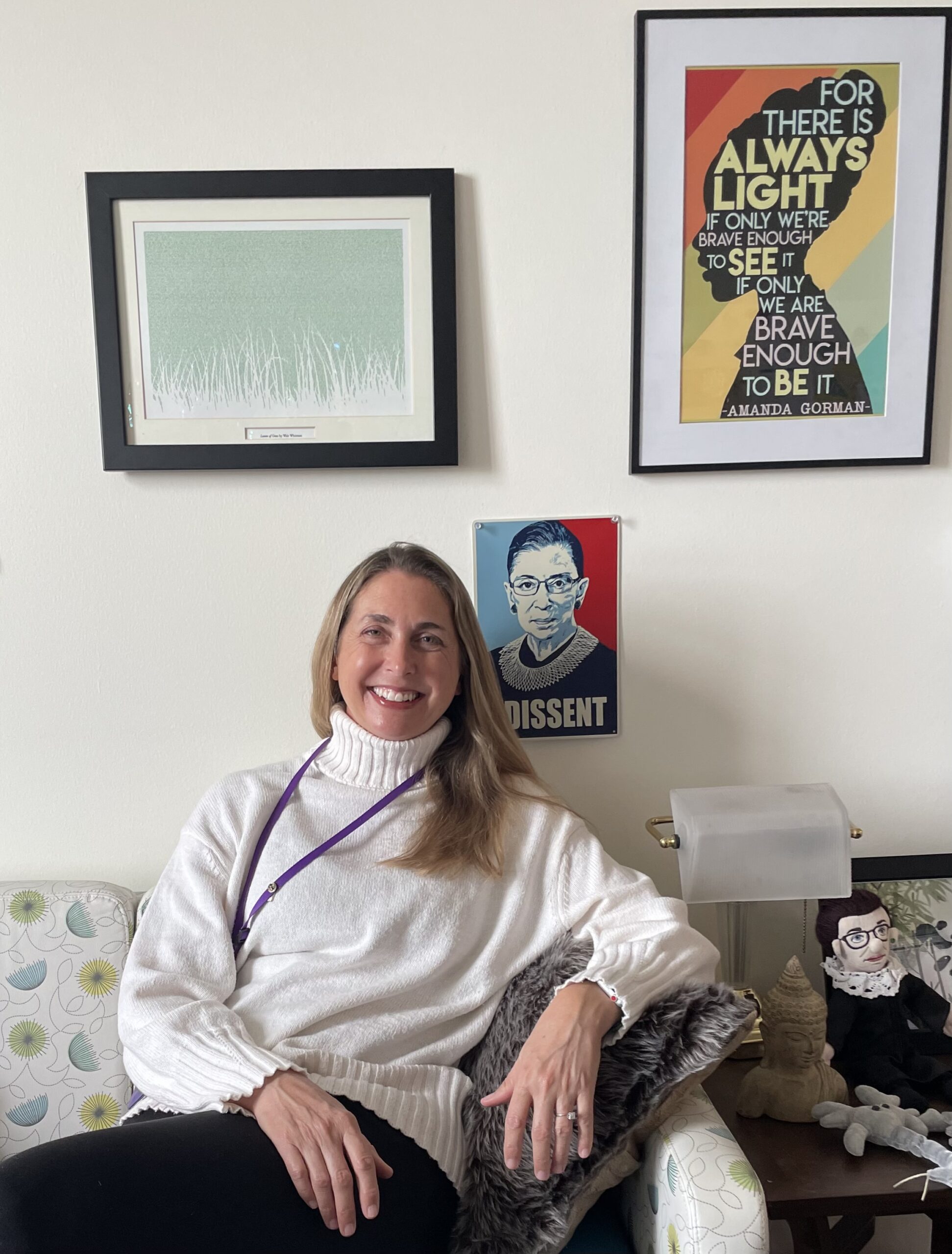During the months of March and April, Vallejo Psychiatry Postdoctoral Resident Emily Joyner, Ph.D., designed and facilitated a weekly therapy group for young adult Black women between the ages of 18-30 for her Program Evaluation project. After reading the book “Sisters of the Yam: Black Women and Self-Recovery” by Black feminist scholar bell hooks, Dr. Joyner was inspired to emulate the healing support groups that hooks created and used the book as a roadmap to get there. As a Black woman whose clinical and research interests center around power, identity, liberation, and oppression, Dr. Joyner was both personally and professionally motivated to start this group. Themes of group processing discussions included racial trauma, gendered racism, objectification, family relationships, and navigating romantic relationships and friendships. Group members reported that they came to the group to feel less alone and to receive support from others with similar experiences.
The following passage by Audre Lorde from her essay “Eye to Eye: Black Women, Hatred, and Anger” was read at the first and last group session:
We have to consciously study how to be tender with each other until it becomes a habit because what was native has been stolen from us, the love of Black women for each other. But we can practice being gentle with ourselves by being gentle with each other. We can practice being gentle with each other by being gentle with that piece of ourselves that is hardest to hold, by giving more to the brave bruised girlchild within each of us, by expecting a little less from her gargantuan efforts to excel. We can love her in the light as well as in the darkness, quiet her frenzy toward perfection and encourage her attentions toward fulfillment. As we arm ourselves with ourselves and each other, we can stand toe to toe inside that rigorous loving and begin to speak the impossible – or what has always seemed like the impossible – to one another. The first step toward genuine change. Eventually, if we speak the truth to each other, it will become unavoidable to ourselves.”
Contributed by EID Trainee liaisons Renn Schauer, Psy.D. and Mia Semelman, M.A.

